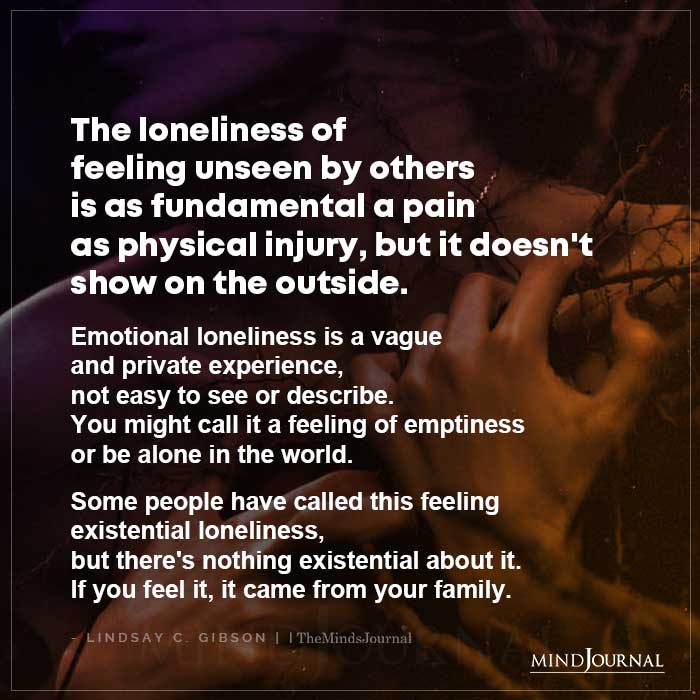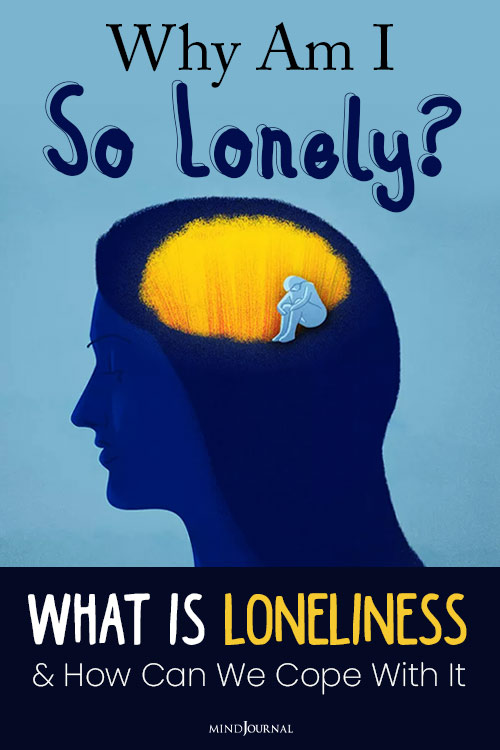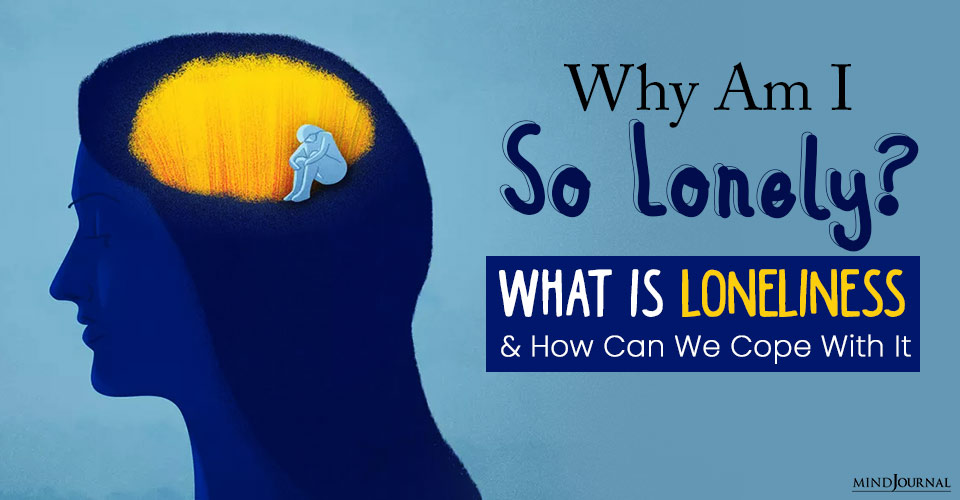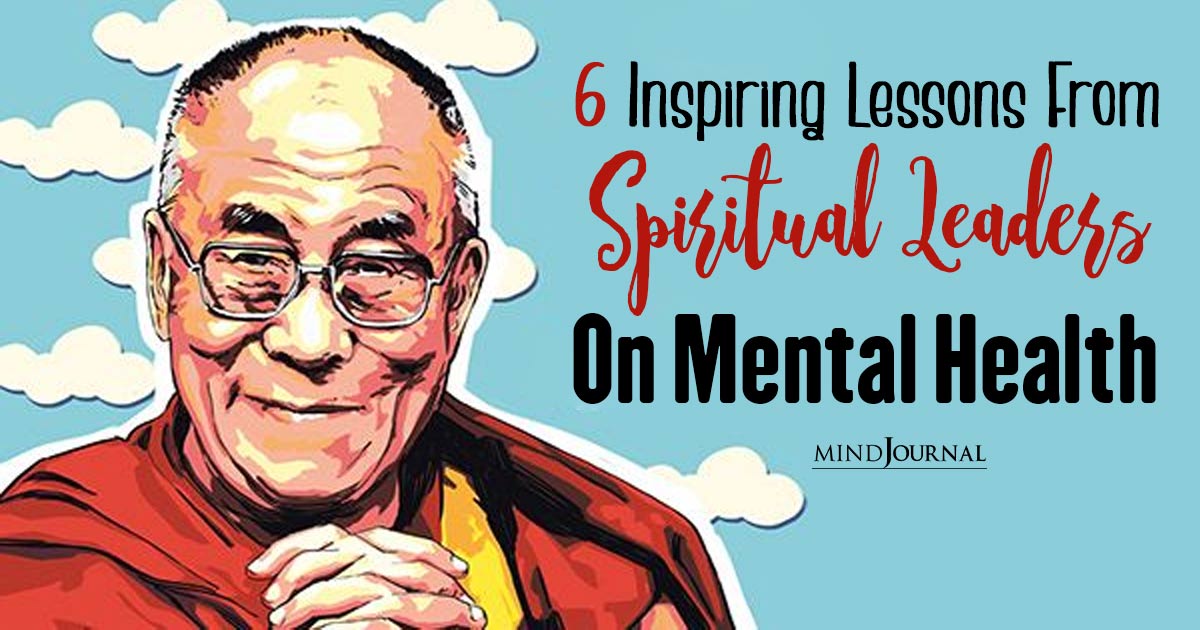Human beings are wired for connection on every level. Physically, we crave the comfort of a warm, nurturing body from the moment we leave the womb. Mentally, we are taught and conditioned to seek opinions, advice, and guidance from others. Emotionally, we crave connection, intimacy, and the feeling of being seen and heard by others.
So what happens when we feel as though we have been stripped of connection? Loneliness sets in.
The feeling of loneliness can exist in us even when we are surrounded by people. We can be in the midst of a crowded room, we can be the life of the party, we can be on a stage in front of our peers, and yet feel incredibly lonely.
Loneliness and being alone are two different emotional states. We can feel lonely even in the confines of our intimate relationships. We can lay in the same bed as our partner and feel the weight of loneliness grip our psyche, our soul, and our hearts.
Related: The Other Side Of Lonely
So how do we deal with, work through, and cope with loneliness? We need to first acknowledge that it’s there.
We can feel lonely in a myriad of experiences. The most overtly processed experience of loneliness is the one that follows a painful breakup. Heartache is an incredibly painful emotion to endure. We have an internal narrative that may feed us lies about our self-worth. We may also have a tape of negative self-talk trying to convince us that we will never find love, that we will never be happy, and that we are inherently flawed due to not making this relationship work.
In this case of loneliness, the first step is to notice what’s there. When we bring a level of mindfulness (non-judgmental awareness) to our internal narrative, it sets in motion a process that can prevent driving ourselves into a shame spiral.
Often, post-breakup, we slide into a slew of negative self-talk. Not only are we feeling lonely, but we often shame ourselves for not being “good enough.” We must ask ourselves, “Am I perceiving this situation realistically, or am I shaming myself to find meaning behind this pain?”
Maybe we feel angry because being angry is easier than feeling the weight of the pain we are experiencing. This negative self-talk and self-directed anger compound the intensity of our loneliness.

We must first become aware of what we’re feeling. Then, we must accept that we’re feeling that way. Rather than radically trying to change it, we learn to accept it, embrace it, and then begin to nurture ourselves. As humans, we have a hard time with self-compassion. Loneliness requires self-compassion so that we can provide ourselves with the nurture and care that we aren’t receiving from others.
It’s important to note here that, “We accept the love we think we deserve.” This is a quote from Stephen Chbosky’s The Perks of Being a Wallflower, and it definitely rings true. Rather than digging a hole in our loneliness and getting comfortable there, we can begin to take a realistic look at what went wrong in the relationship.
Related: How To Stop Feeling Lonely
Did we self-sabotage? Did we try to change ourselves to make it work? Are we feeling lonely because we miss the person, or because we miss the idea of being in a relationship? These are important questions to ask ourselves.
Loneliness doesn’t only stem from heartache. We can also feel lonely amongst our friends, our coworkers, or our peers. Loneliness can stem from a lack of authenticity in our relationships. If we feel as though our peers don’t truly know us, that they don’t see the “real me,” or that they misunderstand us, this may be a reflection of our own lack of authenticity.
Living our authentic truths can be incredibly difficult, especially if we struggle with a lack of self-worth and with an abundance of shame. This internal incongruence can lead to feelings of loneliness in all aspects of our lives.
Perhaps we are trying to maintain relationships and friendships with people that we don’t actually like! This sounds absurd, but it is often true. The sad truth is that many of us would prefer to be around people who we don’t like than not to be around people at all. But it doesn’t have to be so black and white; we can live authentically and attract people who value the same ideals as us.
This may require us to detach from former relationships or friendships that no longer serve us—which is to say that people simply grow apart. Trying to force relationships with people who are growing at different rates and potentially are on different wavelengths can lead us to a feeling of loneliness.
Many of us can feel inherently lonely due to a lack of nurture we received as children, as stated earlier. The worst part about this feeling of learned loneliness is that we have a tendency to internalize it as being an inherent flaw within ourselves. This is simply not true.
We are not flawed; we are wounded. These wounds have led to inconsistent and potentially unhealthy attachments with many of the people we have come across throughout our lives. As a result, we can begin to tell ourselves that we are the problem or that we are unloveable; this often leads to us feeling depressed and losing all optimism for the future.
This depressed feeling or clinical depression can then compound on itself when left unattended. Untreated wounds can lead to loneliness. Loneliness can lead to depression. Depression can then exacerbate the loneliness, which creates more wounds that are left unaddressed.
This downward spiral feels impossible to get out of, but it isn’t. There is always hope. There is always a solution.
Related: 11 Simple Ways To Feel Less Lonely In Life
As aforementioned, we need to seek help. We need to address and treat our wounds. If we saw a wounded animal on the side of the street, we wouldn’t shame it for not being able to connect better with his animal friends. We would ideally care for it, nurture it, and love it back into health.
We need to treat ourselves as a wounded animal, or as a small child that didn’t receive that which we needed. The reality is that we need not feel lonely, as we have a world of possibility and connection inside of ourselves.
The real work is first accepting the loneliness, identifying the root cause, and then working at whatever is blocking us from genuine, authentic connection.
You are not alone. Not now, and not ever.
Written By Hannah Rose Originally Appeared On Psychology Today









Leave a Reply
You must be logged in to post a comment.